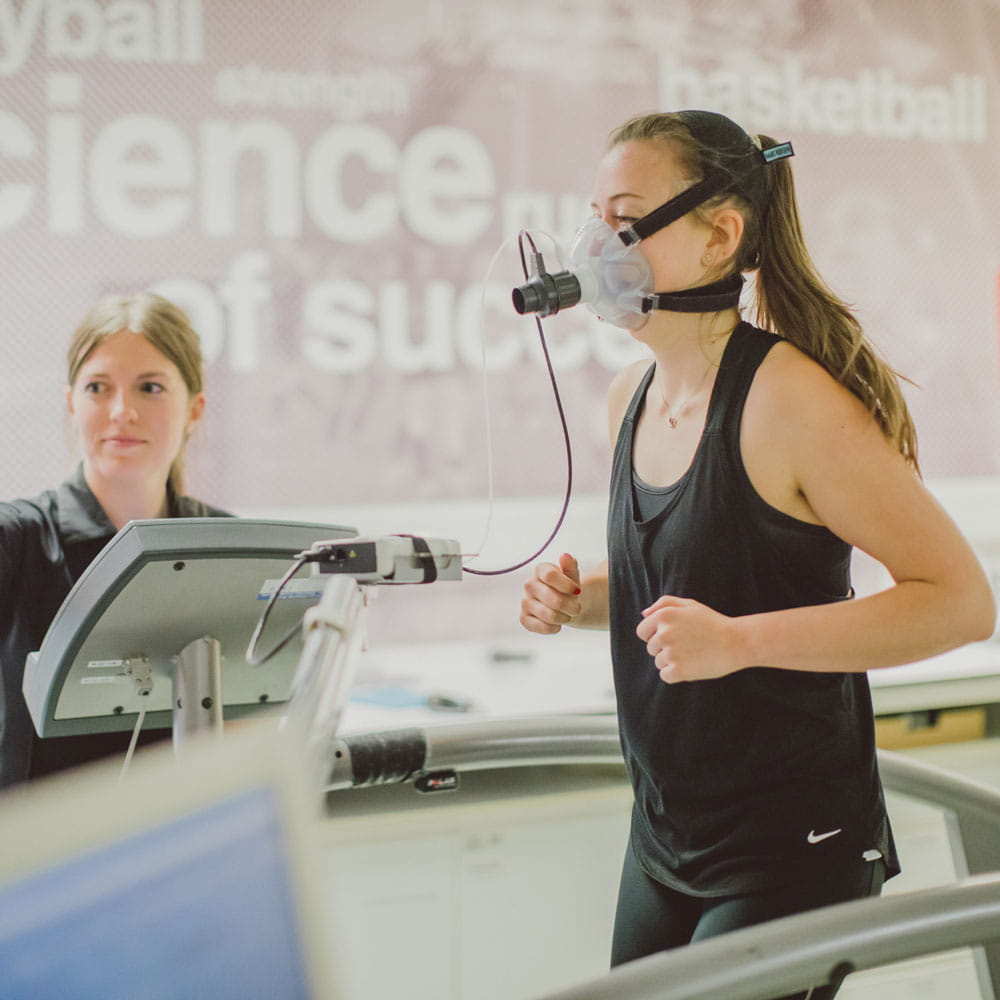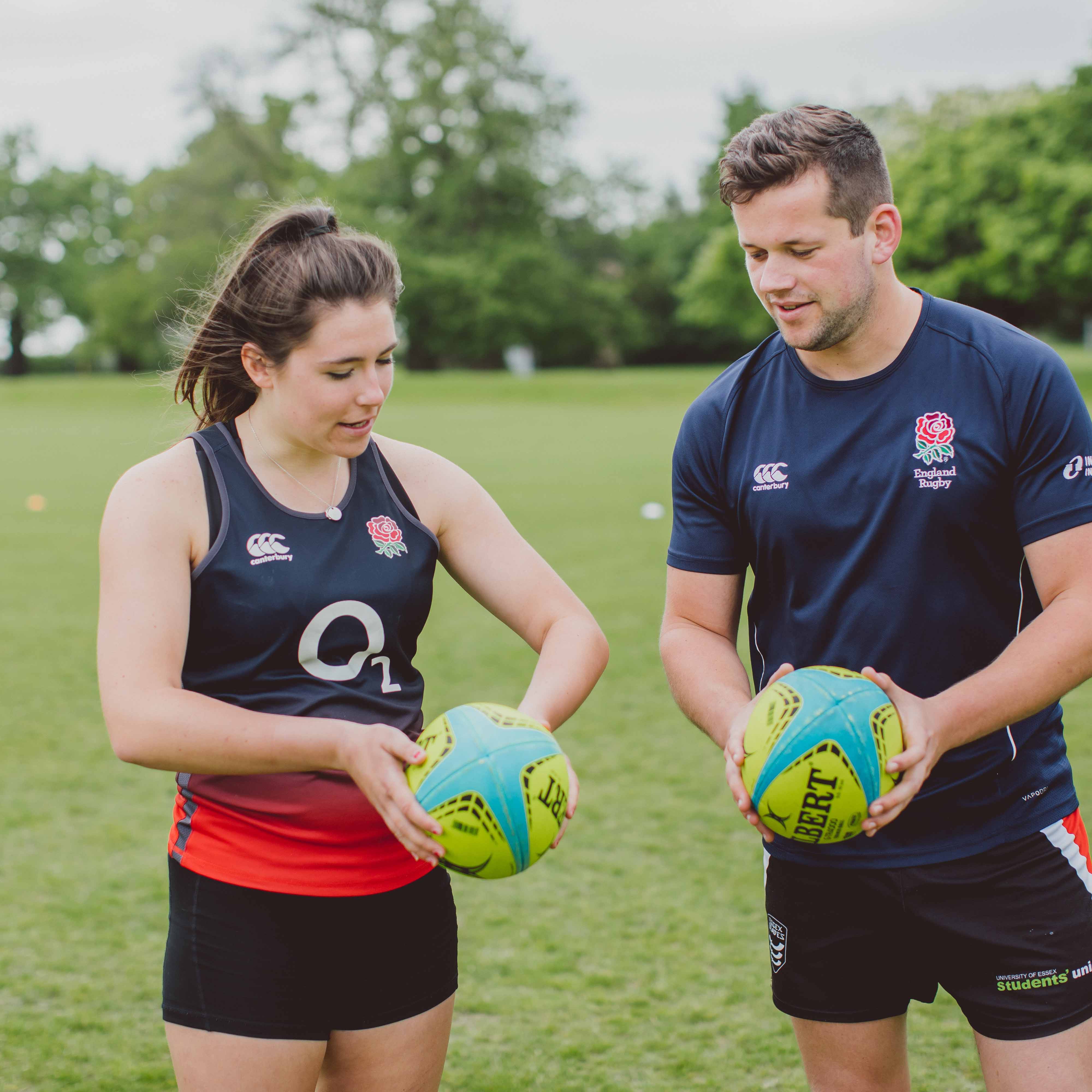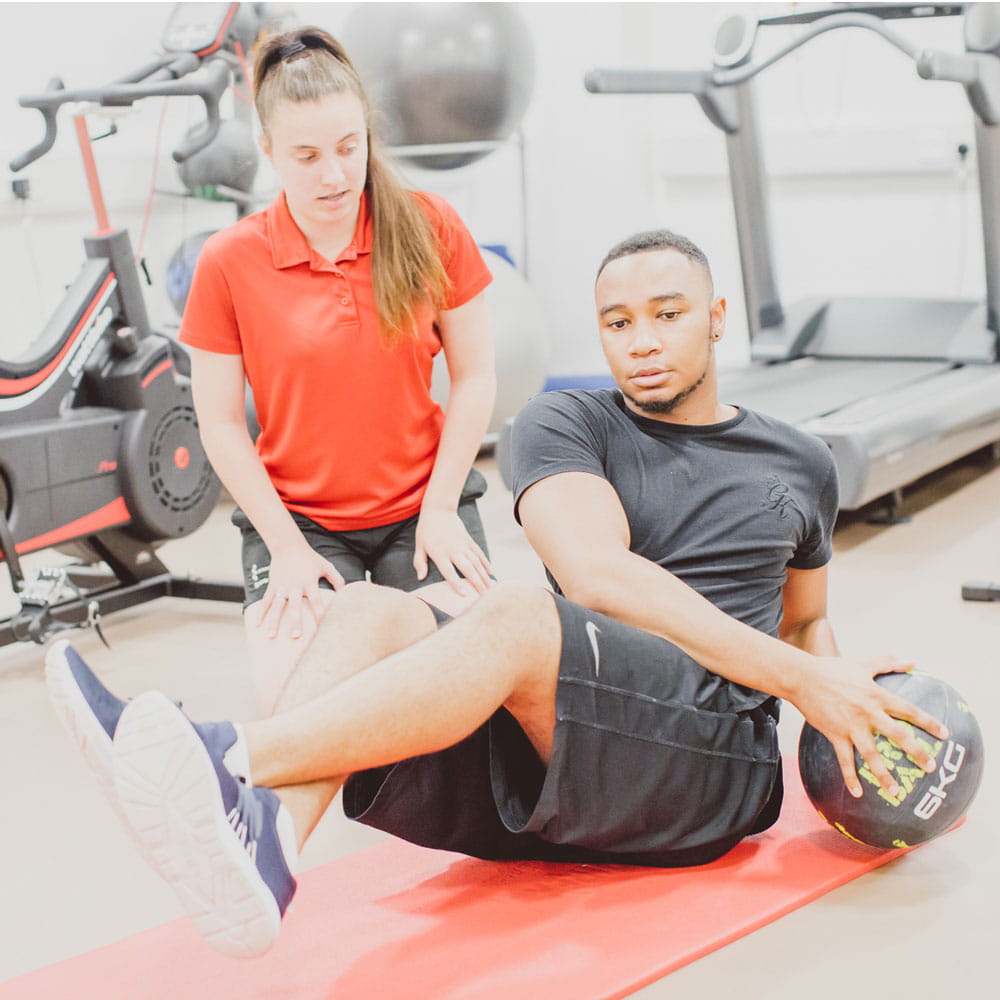BTEC
BTEC: DDD in a relevant subject.
RQF BTECs we can consider with any combination of optional modules are:
- Sport and Exercise Science Extended Diploma
- Sport and Exercise Science Diploma (alongside 1 further A-level or equivalent)
- Applied Human Biology Extended Certificate (alongside 2 further A-levels or equivalent)
RQF BTECs we can consider on a case-by-case basis, depending on the optional modules
are:
- Applied Science (all variants) Extended Certificate (alongside 2 further A-levels or equivalent)
- Applied Science (all variants) Foundation Diploma (alongside 2 further A-levels or equivalent)
- Applied Science (all variants) Diploma (alongside 1 further A-level or equivalent)
- Applied Science (all variants) Extended Diploma
- Sport Diploma (alongside 2 further A-levels or equivalent)
- Sport Extended Diploma
- Health and Social Care Extended Diploma (including Health Studies Variant)
- Applied Human Biology Extended Diploma
- Fitness Services Diploma (alongside 1 further A-level or equivalent)
- Sport Fitness and Personal Training Extended Diploma
QCF BTECs we can consider on a case-by-case basis, depending on the optional modules
chosen are:
- Applied Science (all variants) Subsidiary Diploma (alongside 2 further A-levels or equivalent)
- Applied Science (all variants) 90 Credit Diploma (alongside 2 further A-levels or equivalent)
- Applied Science (all variants) Diploma (alongside 1 further A-level or equivalent)
- Applied Science (all variants) Extended Diploma
- Sport and Exercise Science Extended Diploma
- QAA-approved Access to HE Diploma: 21 L3 credits at Distinction and 24 at Merit with at least 12
Distinction credits in relevant Biological Science units.
To check your Access includes a minimum of 12 L3 credits of Biological Science please contact
your Access provider or check your course materials.
Additional requirements
Study towards admitting qualifications within the last 5 years is normally required. Please get in touch if you think you might not meet this requirement.
Alongside academic criteria, applicants need to demonstrate knowledge of the scope of Physiotherapy and practice settings, together with effective communication skills as well as the significance of the NHS Constitution and its core values. Personal statements submitted will be assessed to ensure applicants meet these requirements. You can find further information about the NHS values on the Health Education East of England website and the Gov.UK webpages.
You must also have a satisfactory Occupational Health Check and enhanced Disclosure and Barring Service (DBS) Check (including child and adult barred list check) - both are organised by the University. Please contact our DBS team (dbs@essex.ac.uk) if you have any questions.
A satisfactory Overseas Criminal Record Check/Local Police Certificate is also required, in addition to a DBS Check, where you have lived outside of the UK in the last 5 years for 6 months or more.


















